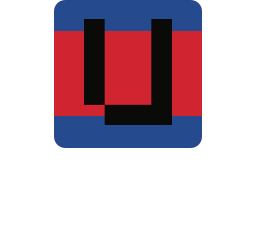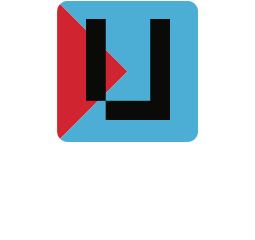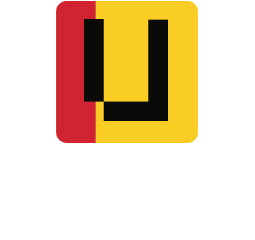Botswana joined the global community on the 1st of
December 2023 to commemorate World AIDS Day. The day was in recognition of
efforts made by countries, communities, and families over the years to fight the
HIV and AIDS scourge and this year’s commemoration was held at Nata village
under the theme: “Let Communities Lead”.
The theme emphasizes efforts made by countries in response to
the HIV pandemic. It draws attention to what has seemingly been the work done
by communities throughout the years of HIV response. The theme is a reminder
that without the involvement of communities, success in the fight against pandemics
such as HIV and AIDS may become too difficult to realize.
Delivering a speech on the day, Assistant Minister of Health
Sethomo Lelatisitswe said Botswana has gained a lot of experience in the
management of HIV and AIDS, starting from 1985 when the country recorded the first
case of a person with HIV. He said although at the time the response to HIV was
very slow, because little was known about the disease, today Botswana takes
pride in having made some impactful strides in the management of HIV. He
alluded that Botswana’s success story in the fight against HIV and AIDS could
be appreciated through the provision of HIV services entailing reaching out to
all corners of the country with the participation of the Civil Society Organizations.
The government, through different departments such as the
National AIDS and Health Promotion Agency, leveraged the proximity of civil
society to communities, making it easy to extend the necessary services to
those in need and thereby charting the way to helping the country reach the
overall goal of eliminating AIDS as a public health threat by the year 2030. The
other very meaningful contribution to the country’s progress in the fight
against HIV and AIDS is the financial and technical support from multilateral
and bilateral partners over the years which has made it possible for Botswana to
expand HIV/AIDS outreach throughout the country.
The Assistant Minister highlighted that The National AIDS and
Health Promotion Agency (NAHPA), with the technical and financial support of
development partners, conducted the fifth Botswana AIDS Impact Survey (BAIS V)
in 2021 which depicted that the national HIV prevalence among the country’s
adult population aged between 15 and 64 years is 20.8%, which translates to approximately
329 000 adults living with HIV. On the other hand, the rate at which people
contract new HIV infection was estimated to be 0.2%, which is approximately 2
200 cases of new HIV infections per year among adults. The results from the
same survey showed that for the first time at a national level among adults
aged 15 to 64 years, Botswana attained and exceeded the UNAIDS global targets
of 95-95-95 set as a fast-track strategy to end the HIV and AIDS epidemic by
the year 2025.
Imperative to mention is also UNICEF’s response to the fight
against HIV and AIDS particularly among children and adolescents. UNICEF has
been and remains committed to ending AIDS by 2030 in line with the global
targets. Preventing new HIV infections and improving access to testing and
treatment has been at the forefront of UNICEF’s HIV response. Its core
objectives in the HIV response have over time included eliminating vertical
transmission of HIV and triple elimination of HIV, syphilis, and hepatitis
through a coordinated approach towards prevention of mother-to-child
transmission by ensuring that every infant is free of HIV, hepatitis B, and
syphilis and that mothers living with HIV have access to services to keep them
alive. The other objective is closing the treatment gap through timely
initiation of treatment for children and adolescents living with HIV and
retaining them in care. UNICEF is scaling up innovations including point of
care diagnostics allowing infants to be tested and initiated on treatment the
same day. UNICEF has also been steadfast in preventing HIV in adolescent girls
and young women through promoting a combination of biomedical, behavioral, and
structural interventions to reduce HIV infections among adolescent girls and
boys, including pre-exposure prophylaxis (PrEP), self-testing, HIV-sensitive
protection services, and mobile communication to improve access to treatment
and care.
In
essence, it is important to recognize and acknowledge that becoming part of the
solution to problems caused by HIV and AIDS is each and everyone’s
responsibility. There is no doubt that with communities taking the lead in the
fight against HIV and AIDS, the country will be assured of ending AIDS as a
public health threat by the year 2030.




